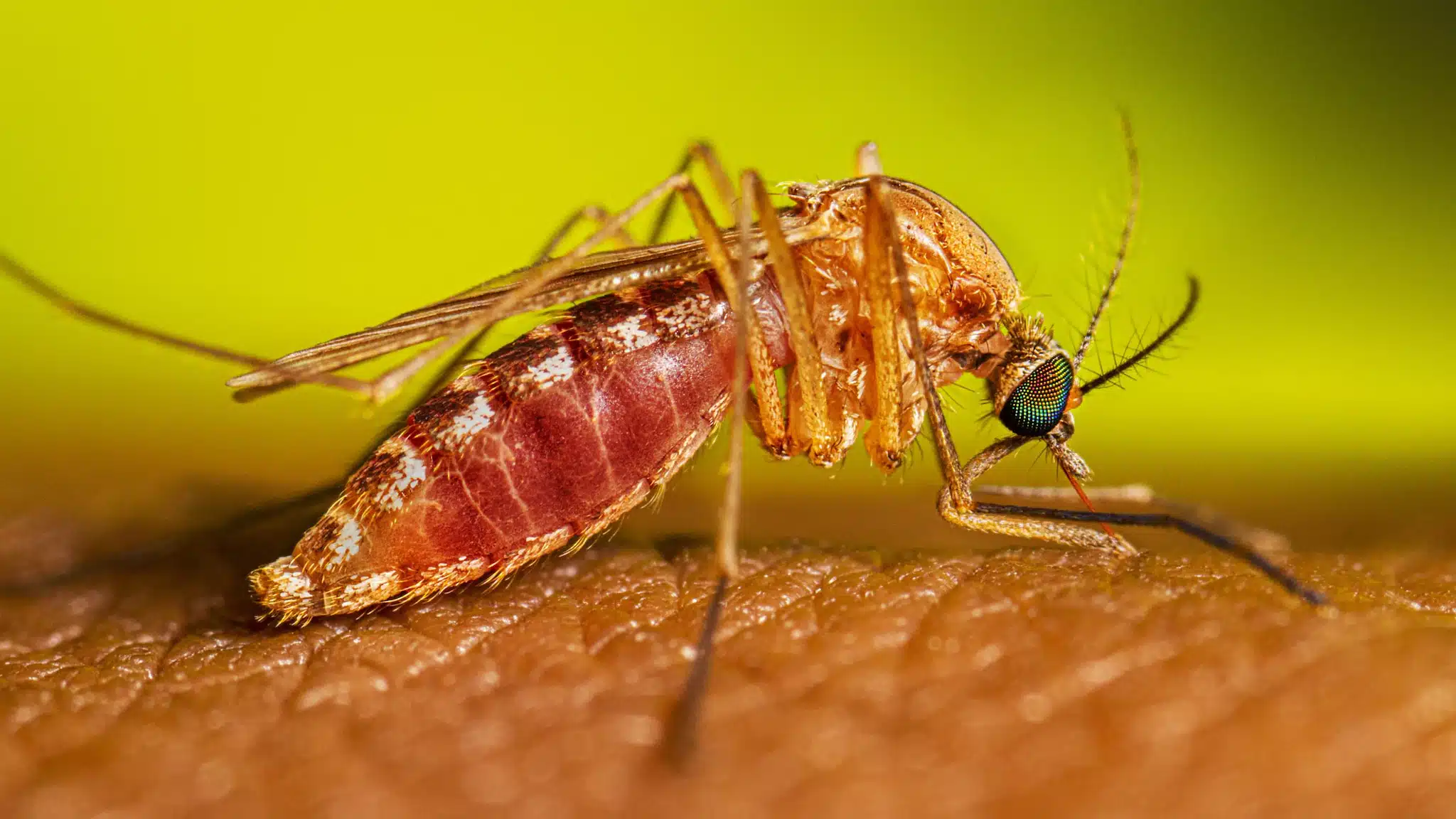15-Year Old Child is Barbados’ first human case of West Nile Virus
Barbados has recorded its first human case of West Nile Virus (WNV), with the World Health Organisation (WHO) reporting that a 15-year-old child tested positive for the virus last month. The WHO assures that the overall risk to public health is “low” and has not recommended any restrictions on travel or trade for Barbados. WNV is a mosquito-borne virus that causes disease in humans, horses, and birds. It spreads to people through the bite of an infected mosquito, and it can make people sick and even cause death.
The WHO considers the current risk from WNV as low but will continue to evaluate the epidemiological situation in Barbados. The International Health Regulations (IHR) National Focal Point (NFP) for Barbados notified WHO of the confirmed infection on September 13. The patient reported symptoms including headache, fever, vomiting, neck pain, and painful knees, and visited a private clinic four days later. A dengue test conducted on the same day was negative.
The patient was hospitalized on June 16 due to worsening signs and symptoms, including joint pain, abdominal pain, altered mental status, and slurred speech. Blood samples were collected and sent to the Mayo Clinic in the United States for WNV testing, and the presence of WNV antibodies was confirmed the following day. The child had reported visiting a horse stable in February and a beach frequented by horses two days before symptom onset.
Health authorities in Barbados conducted interviews with the patient’s parents to investigate risk factors such as exposure to animals known to carry WNV, recent travel history, and other relevant factors. They implemented ongoing epidemiological surveillance and testing to ensure no further cases are missed and to evaluate the potential risk of local transmission in the area.




